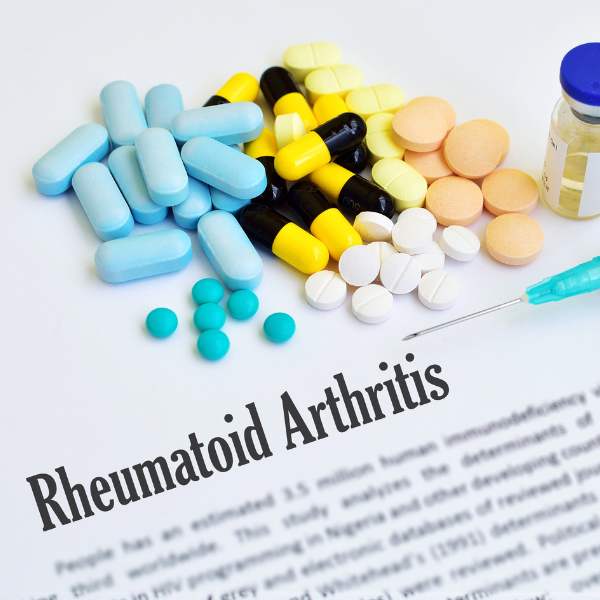In the world of critical care medicine, we often encounter complex cases that challenge our diagnostic and therapeutic skills. Recently, I had a poignant experience with a patient who was admitted to the intensive care unit after suffering a skull fracture and hemorrhage from an accident.
A few days into the admission, the patient developed seizures despite being treated with phenytoin, prompting a neurologist to add valproate (Depakin) to the regimen. However, what followed was a series of liver function tests that revealed alarming elevations in liver enzymes, despite the patient’s baseline readings being normal.
At this juncture, I expressed my concerns to the consulting physician, suggesting that valproate might be the culprit behind the liver enzyme elevation, rather than the recently ruled out paracetamol. After further discussions—despite some initial hesitation—the doctor ultimately agreed to discontinue the valproate and switch to Keppra (lamotrigine).
Fast forward to today—the fourth day without valproate—and I’m grateful to report that the patient’s liver function tests have markedly improved. This case serves as a crucial reminder of the potential hepatotoxic effects of valproate, especially in critically ill patients.
It’s not the first time I’ve encountered this issue; it underscores the necessity of vigilant monitoring and reevaluation when managing complex medication regimens in patients with compromised health. The experience reinforces the importance of collaboration and open dialogue among medical professionals when navigating challenging cases.
As we continue to learn and adapt in our practice, let us always keep patient safety at the forefront of our decisions, remaining open to the idea that sometimes, less is more in the world of pharmacotherapy.


